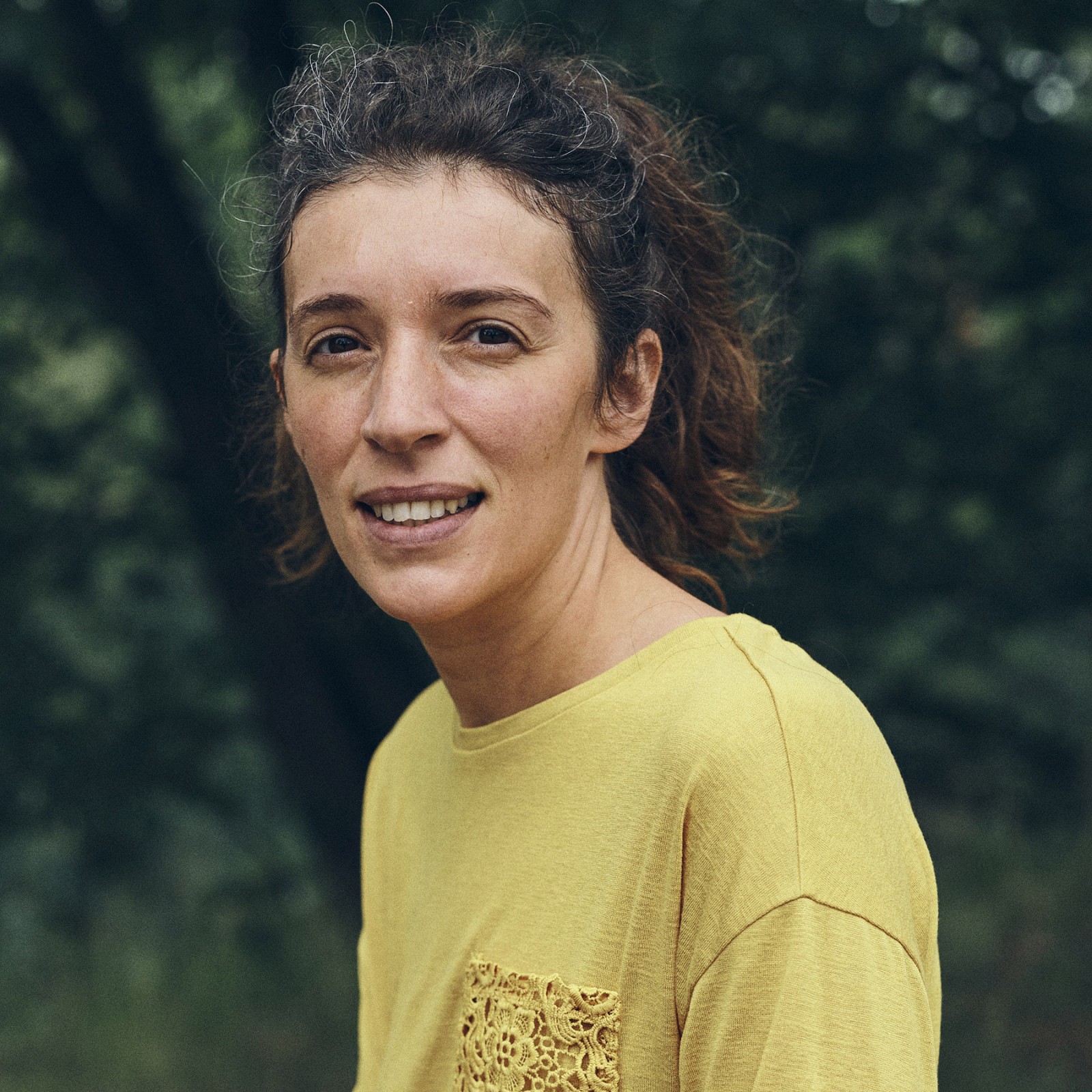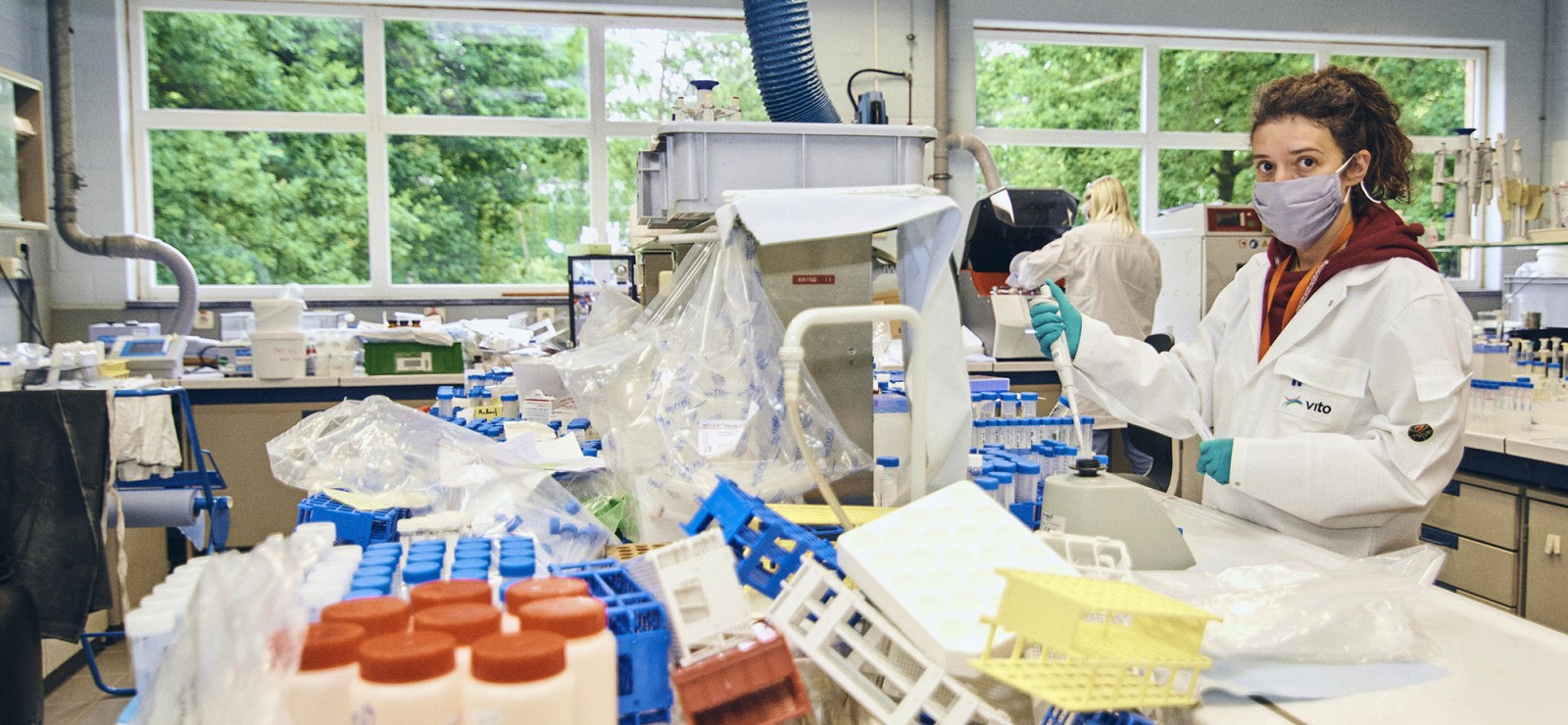It is always important to protect your skin from the sun’s harmful rays, but even more so in the summer. But what kind of sun cream is it best to use?
“There are two kinds of radiation: UVA and UVB. UVA rays, in which the A stands for ‘aging’, are present all year round. These rays damage your skin over the course of time. UVB rays, where the B stands for ‘burning’, penetrate the skin and cause it to burn”, explains Milica Velimirovic (Faculty of Sciences, Chemistry department).
Two types of sun cream
“There are also two types of sun cream: mineral and chemical. Chemical sun cream, based on ingredients such as octocrylene and oxybenzone, protects you by penetrating the skin and absorbing the sun’s rays. Mineral sun cream, containing zinc oxide and titanium dioxide, works by creating a layer over your skin which reflects rays.”
But which kind of sun cream is it best to use and when? Milica: “The best choice between a mineral or chemical sun cream depends mainly on your skin type. If you have a sensitive skin, you are better choosing a mineral sun cream, because this does not penetrate the skin. A mineral product is also best for young children. As far as radiation is concerned, it is best to opt for a sun cream with wide-spectrum protection. In that way you are sure to be protected against both UVA and UVB rays.”
A question of safety
Milica began her studies back home in Serbia. After diversions via Antwerp and Vienna, she ended up on the project NanoDefine. This project aims to identify as much as possible the characteristics of different types of nano particles. This expertise on nano particles has also led her to sun cream, as she is now focusing on the nano particles in mineral sun cream. “The number of nano particles present in sun cream is strictly regulated. However, it is not always easy to determine the actual quantity and the task is time consuming, partly due to the consistency of sun cream. With my research I am trying to find testing methods that can quickly determine the number of nano particles in a sample, to speed up the process in determining whether or not a product is safe.”

Milica Velimirovic graduated in chemistry from the University of Novi Sad, in Serbia. In 2013 she completed her doctorate at the University of Antwerp, and ended a successful post-doctorate at the University of Vienna in 2018. She is now a Senior Postdoctoral Fellow associated with the Atomic And Mass Spectrometry Research Group in Ghent University’s Chemistry department. Milicia doesn’t have a favourite Belgian beer, due to a genetic intolerance. Therefore, she prefers to stick to the Belgian chocolates.
Read also
Five (realistic) ways to move more in 2026
January often starts with good intentions… but those plans can be quickly abandoned. To exercise more is always high up everyone’s list, but there’s often a gap between wanting to do it and actually doing it. So how do you bridge that gap?
Is a stool transplant a potential treatment for Parkinson’s?
A recent study into Parkinson’s disease has shown that a stool transplant may constitute a new and valuable treatment of the disease. “It offers a potentially safe, effective and cost-efficient way of alleviating the symptoms and improving the quality of life of millions. A 'bacterial pill' might replace the stool transplant in the future. But more research is needed.”
Ignaas Devisch has been stimulating our thinking for years (and is now receiving recognition for it)
Twenty years ago, he was ridiculed as a scientist when he tried to communicate with the general public. Now, Ignaas Devisch is receiving the Science Communication Career Award for it. "It's wonderful recognition," says the medical philosopher. "Although communicating about science also involves learning to listen well."
‘Women are not just copies of men with breasts and ovaries.’
Van wetenschappelijk onderzoek tot medische behandelingen, decennialang stond de man centraal in de medische wereld. Betekent dat dan ook dat vrouwen daardoor minder goede zorg krijgen?



